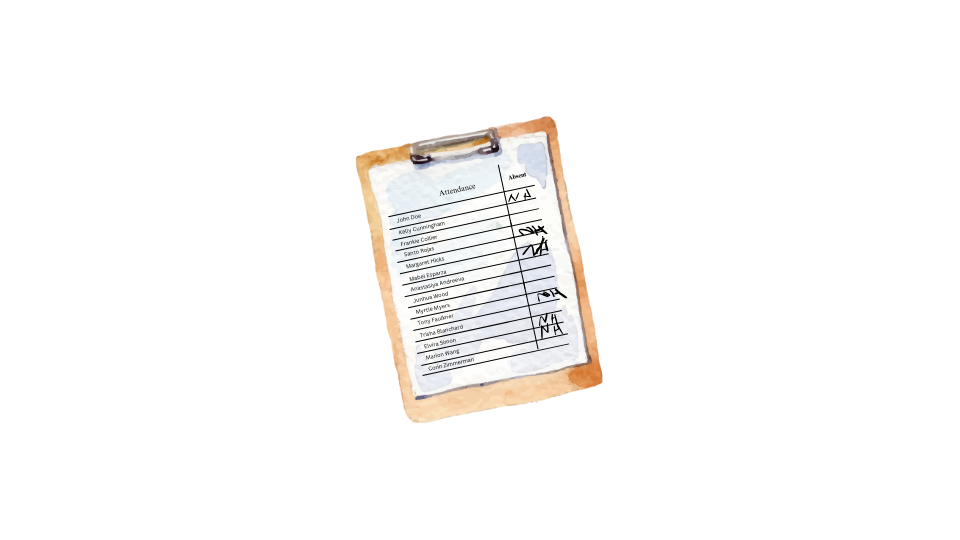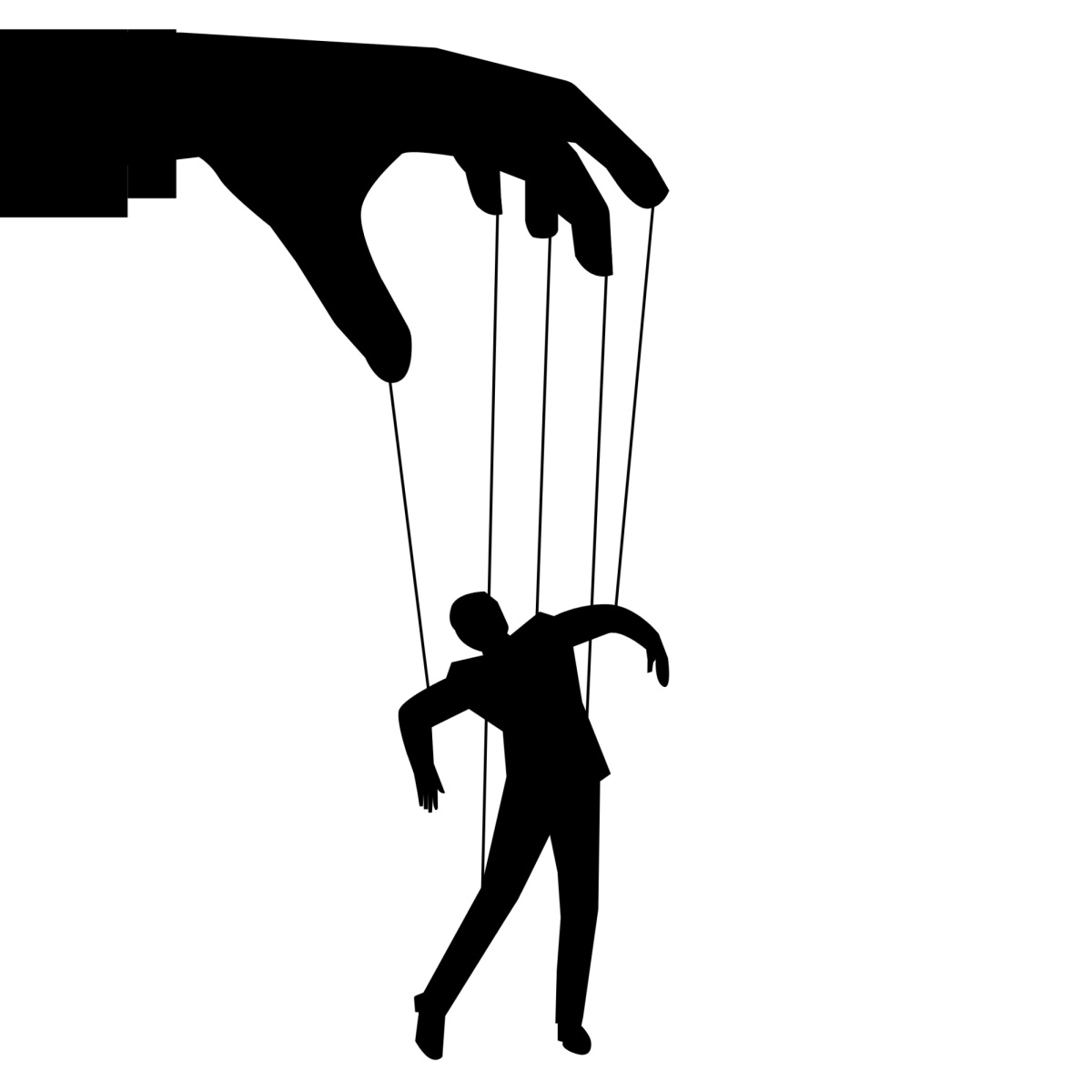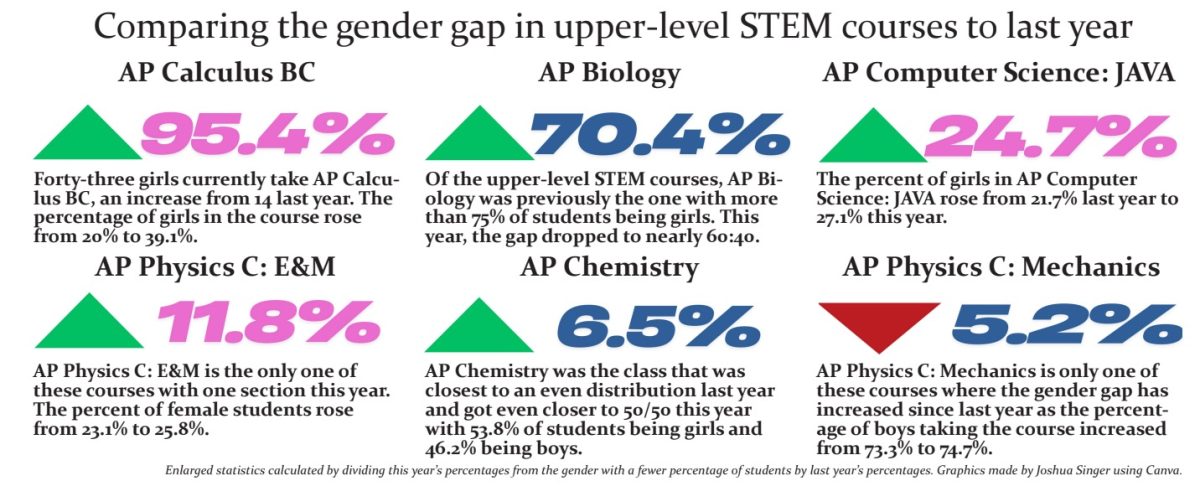The recent rise in absenteeism has concerned administrators all across the county. But why is there a rise in absenteeism and a lack of student accountability? Are students being held accountable not only by their teachers and admin, but by themselves?
In any high school, students are going to miss class. However, WJ’s staff are increasingly disturbed by the rise in absenteeism. Fewer and fewer people are in the classroom every day as the achievement of perfect attendance is becoming rarer and rarer.
“From the beginning of the school year to now, the general consensus is that there is a rise in absenteeism,” Attendance Secretary Kara Garraty said. “I know that I’ve watched the assistant principals and the administration do everything they can to get students to go to class and to stay in class.”
Even with the unanimous agreement on the rise, it’s harder to agree on a reason why.
One big theory on the rise of absenteeism is Covid and the digitalization effect it has had. With everything being online, it has never been easier to miss a day in class yet make up everything virtually.
The current situation is a constant battle between the school system and the students. Students have numerous reasons for why they don’t appear.
“People skip because people believe their education isn’t valuable and the [school] environment is not fitting,” junior Ayan Illias said.
Not only is a lack of accountability shown in school attendance reports, but in all aspects of the student-life, from personal relationships to grades. The lack of attendance reflects a greater issue of student accountability. As students continue to be unaccountable, teachers and faculty caution that small issues now will have greater consequences later in life.
“When you are not held accountable, you are not preparing yourself for the future,” McDonald said. “So when you hold yourself accountable, like being here on time, you’re preparing yourself for the future.”
High school has always had the historic precedent of becoming a transitional period from pre-teen to adult. Students learn valuable lessons and a good teacher pushes a student to do their best.
“Students are at the age where they need to learn that there are some consequences to their actions,” computer science teacher Alfedro Cruz said. “That’s why we’re here to make sure they are prepared for the future and that we hold them to high standards.”
However, there’s only a certain amount that teachers can push a student, before reaching the point where the student must push themselves. That line is being further and further stretched.
The truth is that not everyone is unaccountable. One demographic in particular tends to show up to class and hold themselves to a higher standard: AP students. Students that are typically in higher level classes such as AP classes tend to fit the mold of an accountable student, but taking higher level classes doesn’t automatically fix students’ lack of accountability.
Instead, the pressure to take higher-level classes can have an adverse effect and can discourage students from performing to the best of their ability.
“AP students are generally more accountable because taking an AP class is a choice so they want to be there,” Illias said. “There’s also a lot of pressure and that can lead to burnout. People compare themselves to the smartest students which can leave students asking ‘What’s the point.’”
MCPS claims that it wants to encourage everyone, not just AP students, to be in-class and accountable. Despite the post Covid precedent of leniency, they have been stricter with attendance in the past as with the “lost of credit policy” where a student would automatically lose credit for a class if they amass five or more days unexcused absences. The policy was discontinued 15 years ago and MCPS is now trying to backpedal its leniency, having recently created initiatives and policies that encourage greater attendance.
“They are becoming more strict about it, changing their policies as far as many absences they are going to allow,” Garraty said. “Getting students into class and staying in class is a big priority, especially this year.“
Along with the school and students themselves holding students accountable, parents must play a role as students are still maturing and growing as people.
“It’s a partnership between the school, your parents, and yourself,” McDonald said. “If your parents don’t care, I don’t think it’s going to help. It needs to be a partnership between everybody.”
The solution to this issue is not a simple cut-and-dry policy. What makes the solution to this issue so tricky to devise is that there are so many reasons for missing class.
“One of the biggest things that us educators need to understand is that students are going through many things, especially at this age as teenagers. There could be many things going on at home,” Cruz said. “It’s important that teachers take that into account because at the end of the day we just want all students to be successful. “
A lasting solution continues to evade MCPS. They continue to apply countless policies and repeat the same message but at the end of the day, all elements must combine if a permanent solution is to be made.









